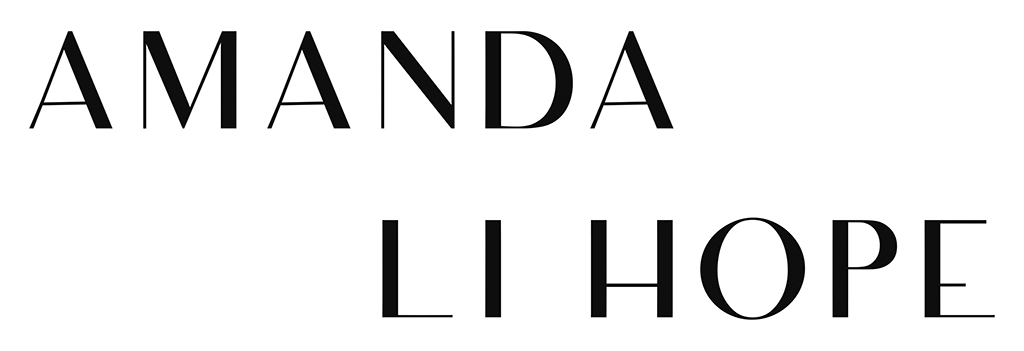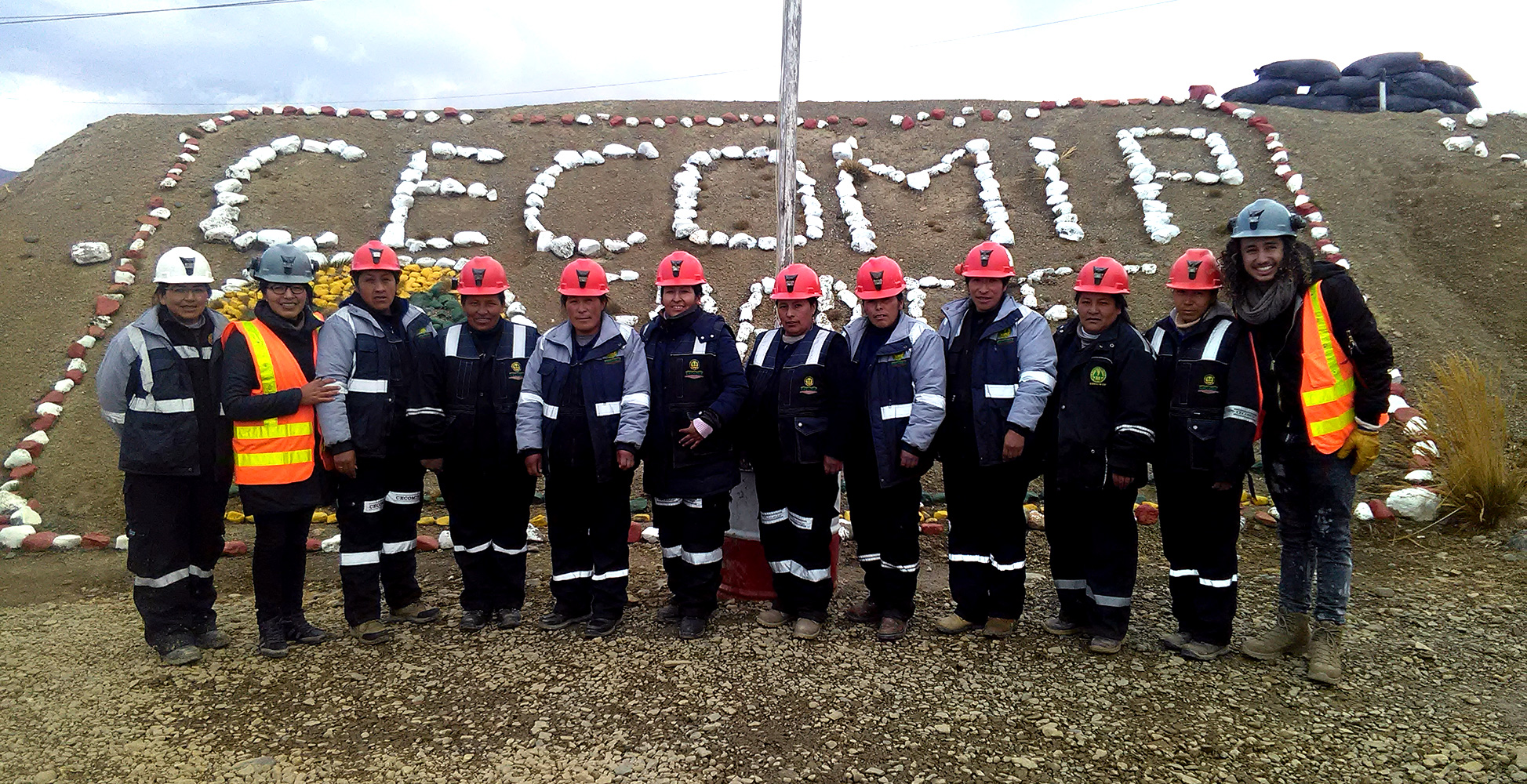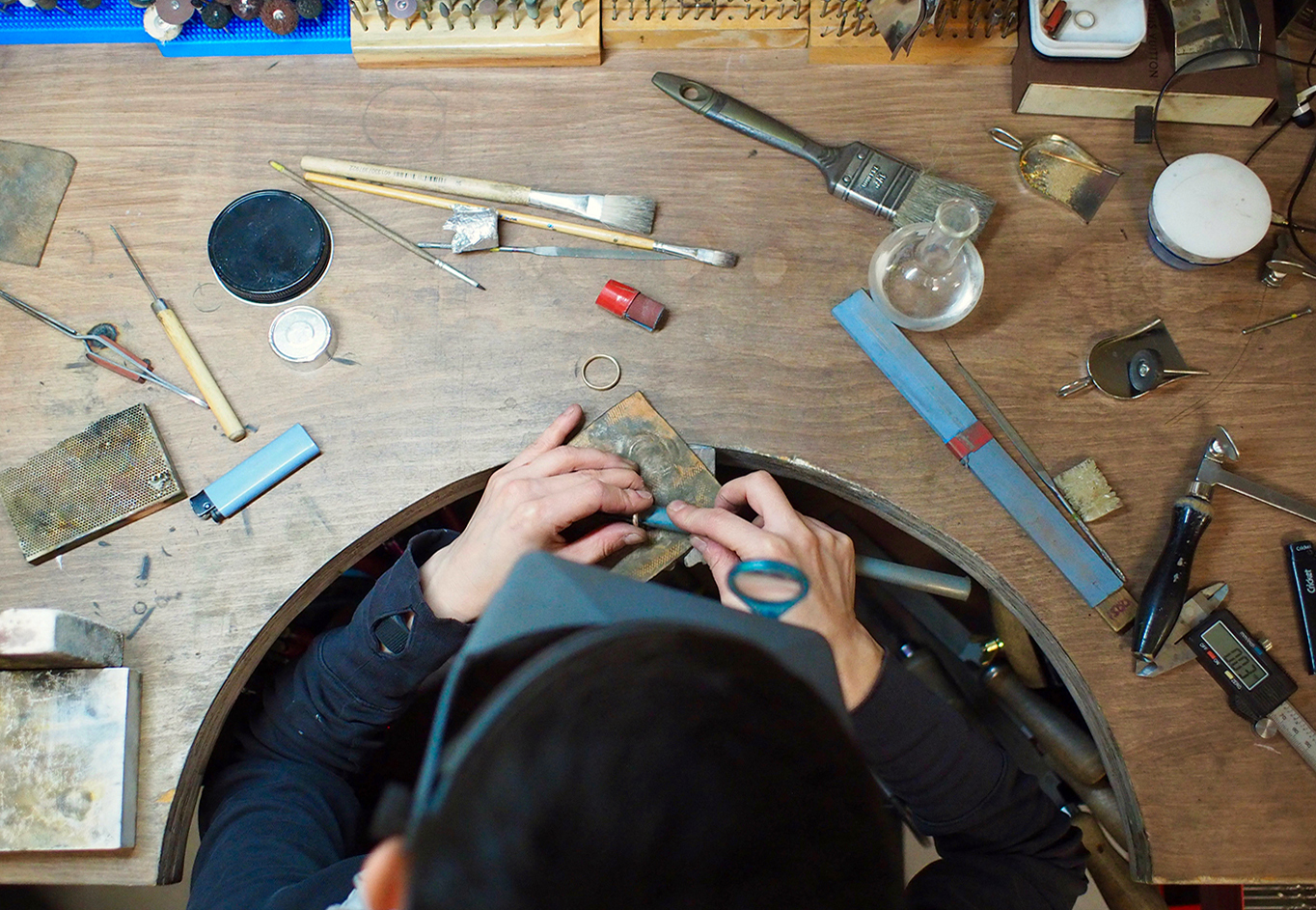
Amanda's Practice
Working ethically means that what Amanda creates in her workshop is not just about minimising the impact on our environment but having a positive effect on people’s lives throughout the supply chain, from the artisanal miners, refiners, gemstone cutters and vendors and through to her clients. Social and environmental responsibility are paramount in Amanda’s jewellery and practice as a Goldsmith.
Ethical commissioning:Working with a designer-maker
It is important to understand that with some jewellers, you might not be speaking to the person who actually makes your jewellery. If this is important to you, then make sure to ask. If you work with a designer-maker like Amanda, you’ll be speaking to the person who will be looking after every stage of the process, from drawing up the designs, to sourcing, melting and shaping the metals, to applying the final polish. Ethically, this means that you know who made your wedding and engagement rings, you’ve seen and experienced the environment where they have been made, and you’ll be directly supporting a craftsperson. It also makes communication easier, with a direct dialogue throughout the commission. You can get answers to any questions you might have without going through a middle-man, and the jeweller will be able to check on different elements with you throughout the process and easily apply any changes or feedback to your rings at each stage.If you choose to get in touch and book an appointment, from start to finish, you will be working directly with Amanda.
Transparent making processMaking her jewellery from scratch, Amanda can share the process with you, taking photos to document each stage. For an example of the kind of documentation she is able to present, please visit this Instagram post and her Instagram profile.
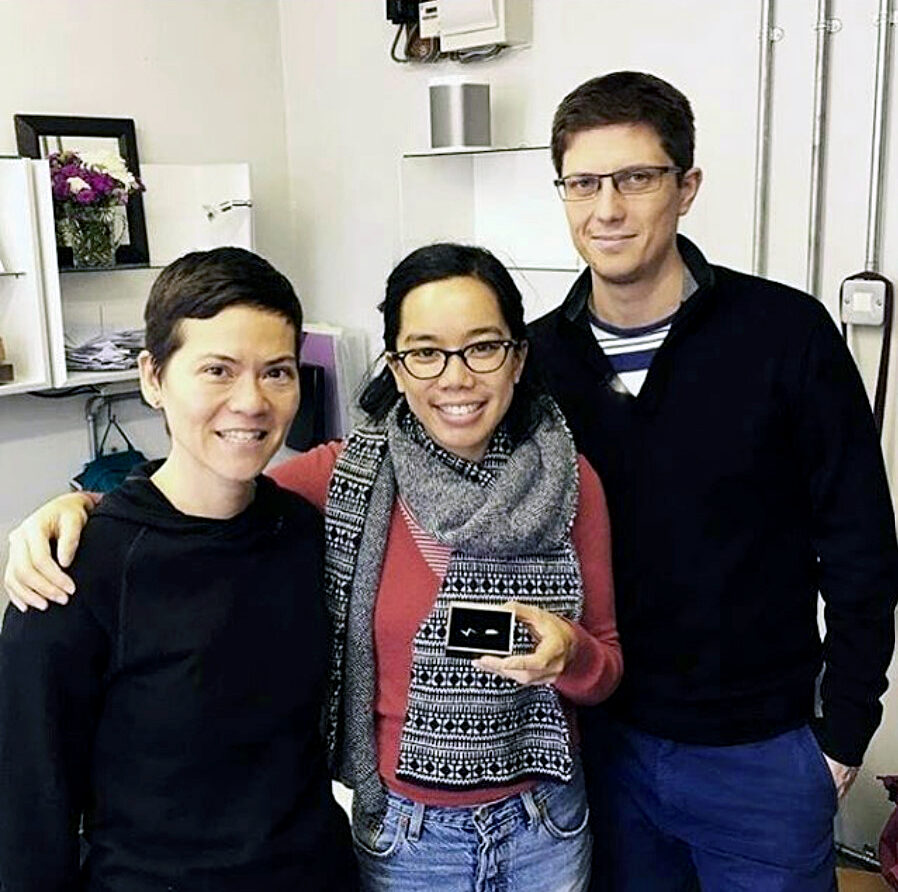
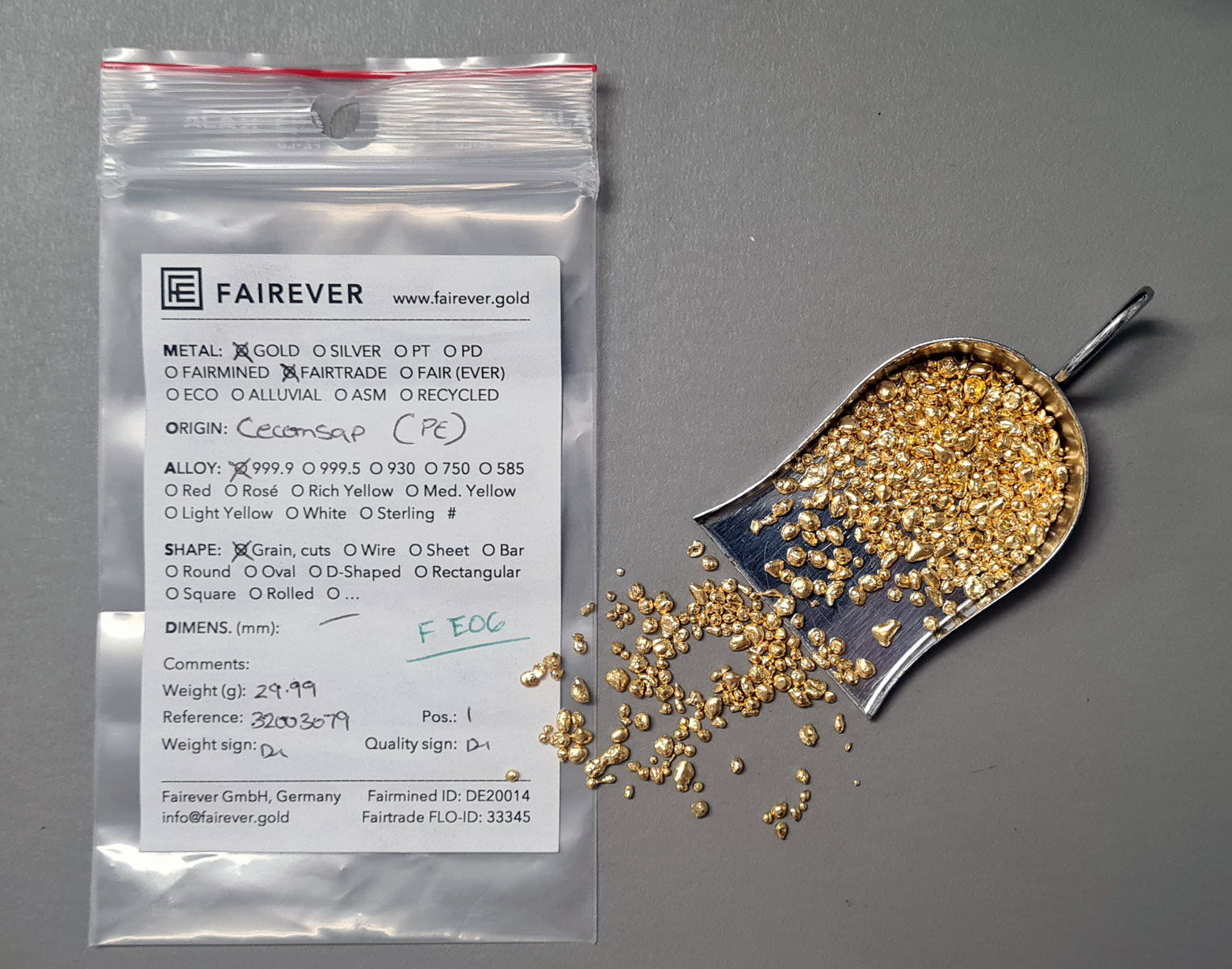
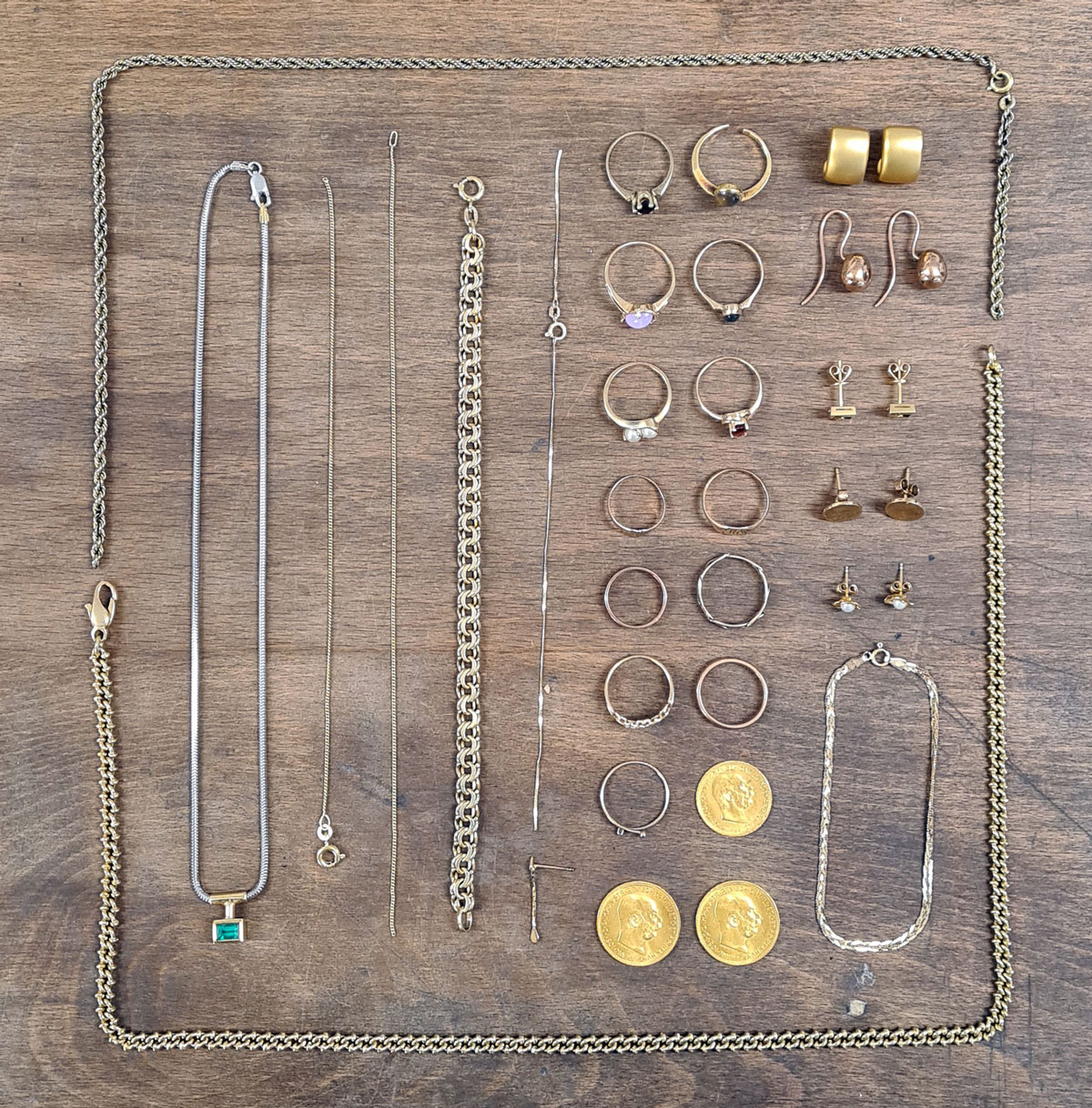
Ethical materials
Historically, the mining of gold and other precious metals can both exploit the planet and people, but we have the power to change that. Gold in particular has funded wars, uses child labour, working conditions and the treatment of miners can be terrible. Ensuring the gold you buy is ethical can be really important, and make a difference. Here are some options to consider:
Precious Metals
Ethically mined goldSome companies and organisations offer ethically mined gold, meaning the gold itself is traceable, ensures the welfare of the miners and works to minimise the negative impact on the planet. Fairtrade and Fairmined Gold are the ones to look out for as they directly work with and support artisanal small scale mining (ASM). Amanda is proud to be one of the world's first licensees to uses both Fairmined and Fairtrade Gold, which are the pioneering and independent ethical certification systems for this precious metal. Fairmined is particular beneficial the both the people and the planet as they give one of the highest premiums to miners, and work closely with them, offering education and ensuring their welfare. They also go one step further offering gold which is panned from rivers, meaning there is the little destruction and disturbance to the environment.Amanda is proud to make jewellery made from both Fairtrade and Fairmined gold, as well as Fairmined Silver. numbers are: FLO Cert ID 27588, Fairmined ID GB30008.To learn more, please visit the Fairtrade UK and Fairmined websites.
Recycled & Heirloom goldThere’s plenty of gold already out there which can be refined and re-used. As Amanda makes her own gold alloys by hand, she can use heirloom gold in making bespoke jewellery commissions. So, any family pieces that have been lying in jewellery boxes, or that are of sentimental value, can have a new life. . Obviously, this doesn’t rule out issues with the provenance of the original gold, but it does reduce the impact on the planet. Amanda is also able to source newly refined gold that has been 100% recycled from post-consumer use as well. Please contact Amanda if you would like more information about using recycled gold and metals in your jewellery.
Platinum & PalladiumPresently, the white metals of Platinum and Palladium that Amanda works with are only available as from 100% certifiable recycled sources. She can also repurpose heirloom jewellery already made from these materials as well. The Fairtrade Foundation and the Alliance for Responsible Mining are constantly on the lookout for mines that could produce these metals and be operated at an artisanal small scale mining level; and, once they do, be assured Amanda will then offer these metals as well.
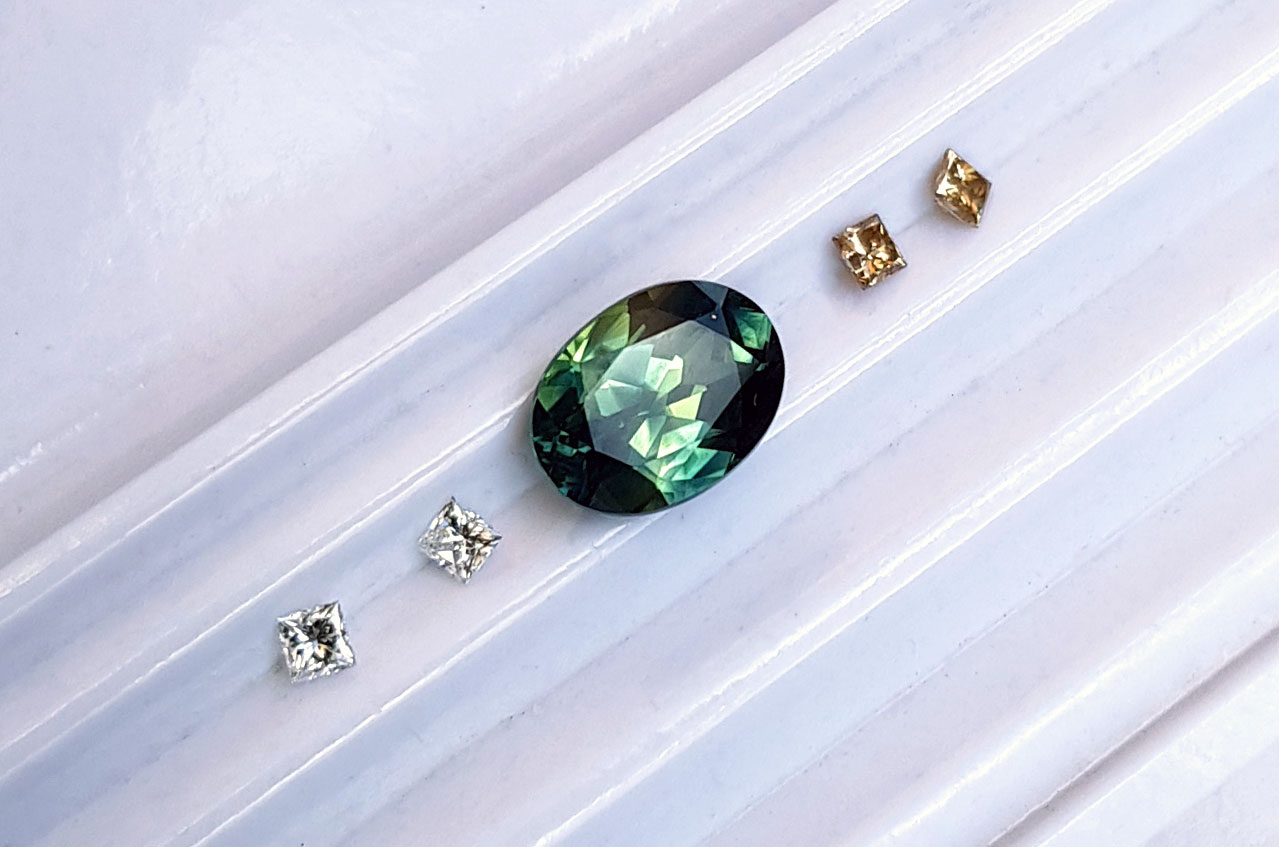
Diamonds & Coloured Gemstones
Natural and Lab-Grown diamondsNatural diamonds come from the earth and are one-of-a-kind gems mined from the earth or hand-picked from the ocean floor. There is no reproducing their origin stories and unique crystalline structures. Amanda has been proudly sourcing fully traceable and responsibly mined diamonds from Australia and Canada since she started her business, and now can also supply Ocean Diamonds, which are found off the coast of South Africa. Lab-grown, or synthetic diamonds, can offer an ethical alternative to natural diamonds, as they are fully traceable and have a lower impact on the environment compared with mining. Amanda offers lab-grown diamonds that are manufactured by state-of-the-art carbon neutral processes and in workshops and facilities where health & safety, labour & wage standards, the environment and business ethics are paramount.
Traceable gemstonesThere are now some traceable gemstone dealers with mines in Australia and Canada. Amanda works closely with independent suppliers using safe and fair mining practices, sourcing and using natural, conflict-free diamonds and other gemstones for her ethical bespoke commissioned jewellery. If you’re not looking for a conventional stone, there are also now lots of really interesting stones with amazing variations in colour, cuts and shape.All gemstone and metal suppliers that Amanda uses have a strict commitment to transparency, ethical practices and social responsibility.
Re-using heirloom gemstonesIf you have antique or family jewellery, you can always re-use precious gemstones in your new design with Amanda creating a new design around these stones. Again, you can’t ensure the provenance, but in many ways this can offer an ethical alternative with added sentimental value.
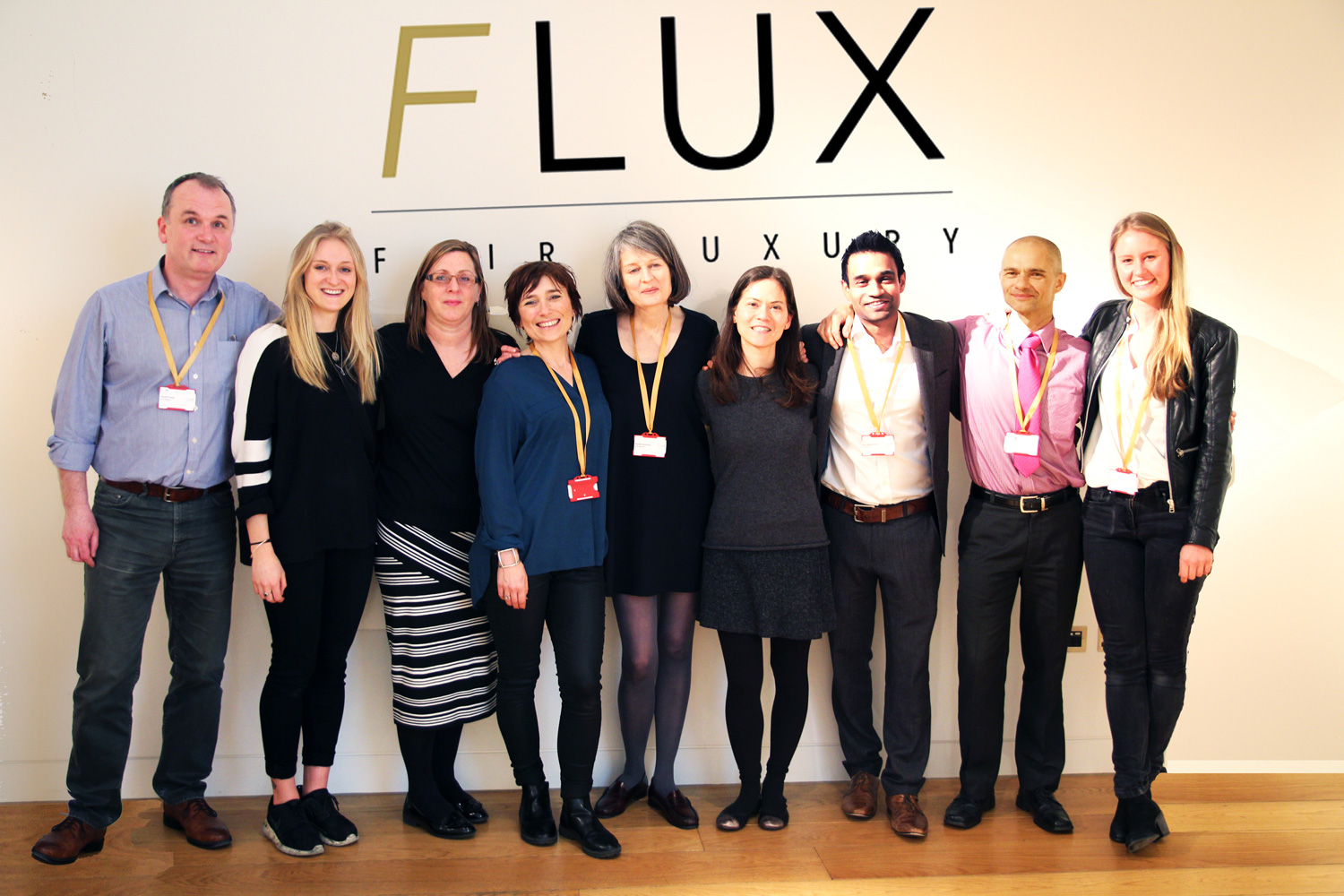
Advocating for responsible practice and change in the jewellery industry
Amanda is one of the founding members of Fair Luxury, a collective of industry leaders and professionals who aim to educate and champion ethical practice through events, their network and campaigns. They have held conferences across the country and started the Fair Luxury Pledge, a SMART way for jewellery businesses to commit to becoming more ethical and sustainable in their own practice.
Contact Amanda if you have any questions about her practice or commissioning a piece of jewellery.
